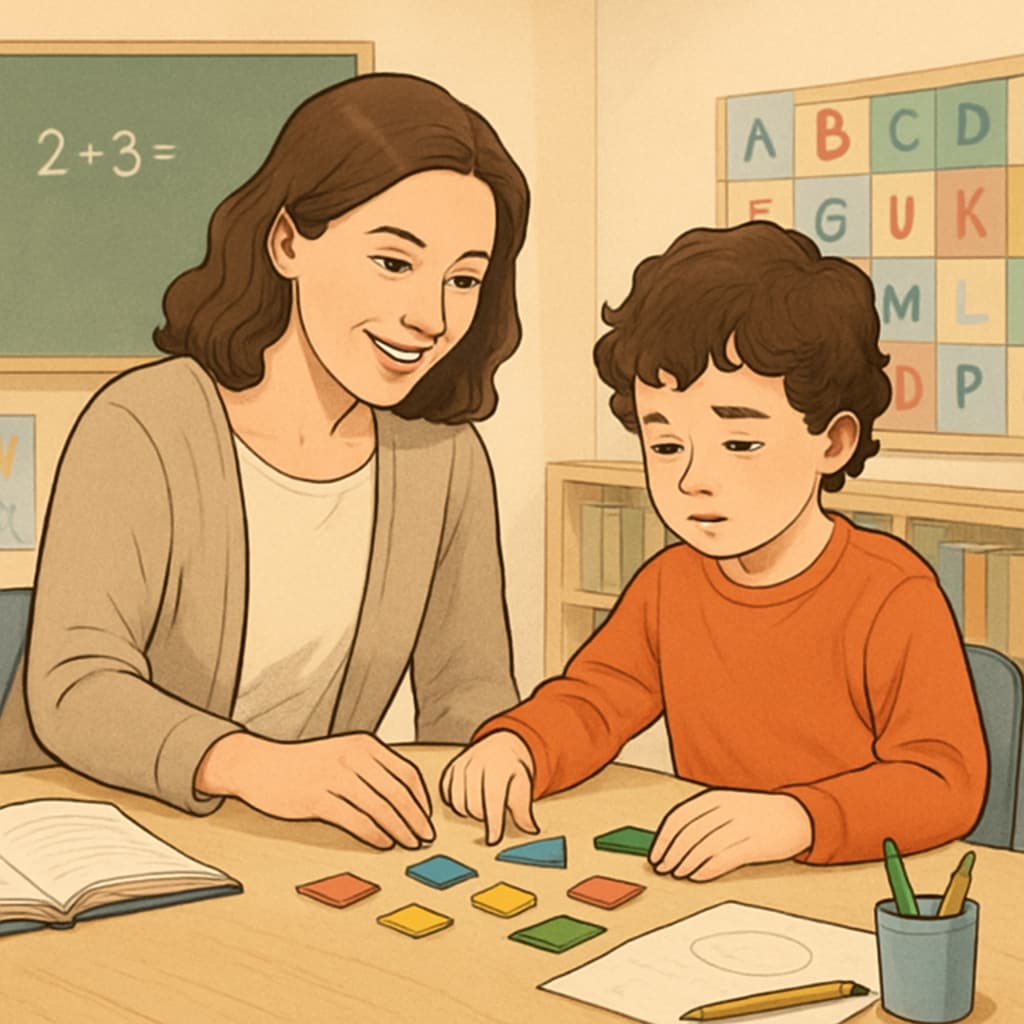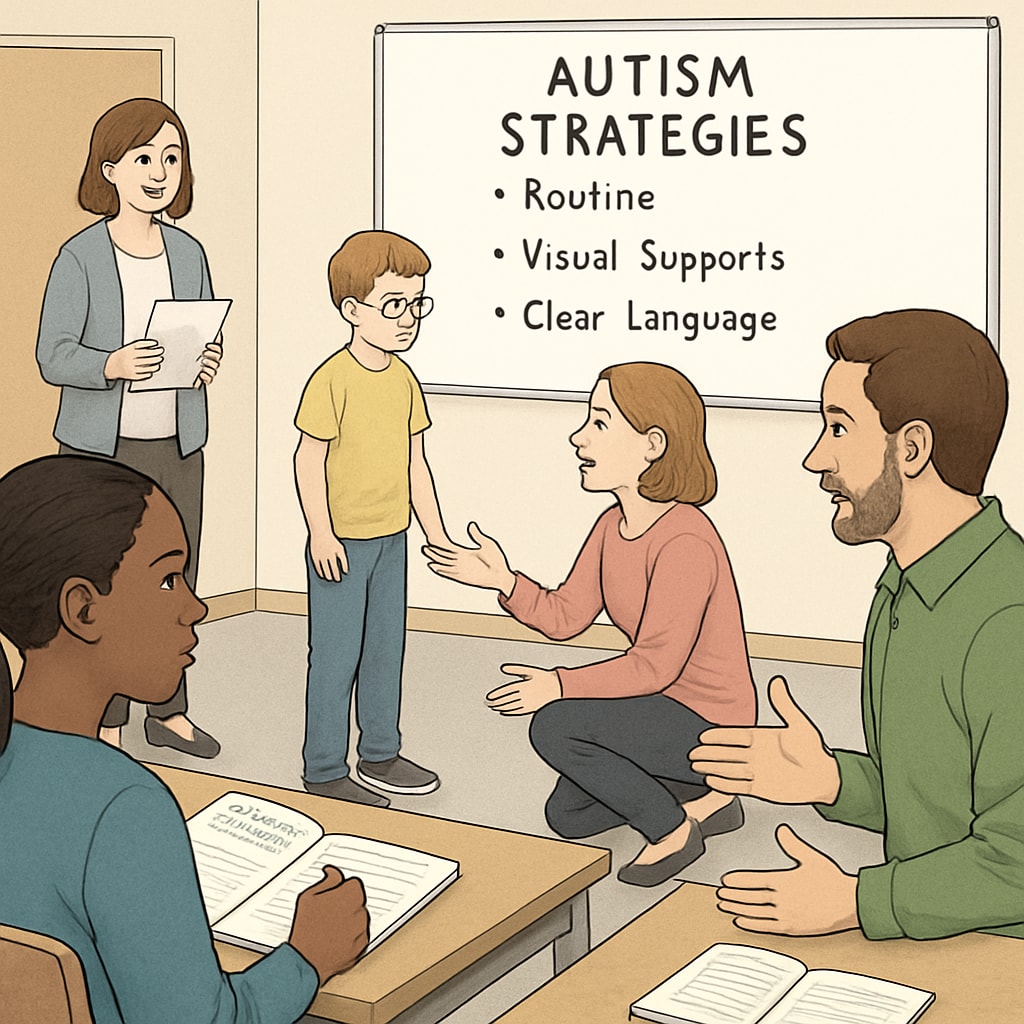Working in special education, particularly with children on the autism spectrum, requires a unique combination of skills, patience, and preparation. For aspiring teaching assistants, understanding the demands of this field is crucial to providing meaningful support to students and fostering their growth. This article outlines the essential steps to prepare yourself for this rewarding profession, focusing on practical experience, emotional resilience, and effective strategies.
Understanding the Role of a Teaching Assistant in Special Education
Before stepping into the world of special education, it’s important to understand the responsibilities of a teaching assistant. This role involves much more than classroom supervision; it includes providing one-on-one support, implementing individualized education plans (IEPs), and fostering a safe and inclusive learning environment. Teaching assistants often serve as the bridge between the lead teacher and the student, adapting lessons to meet specific needs.
In addition, working with children on the autism spectrum requires a deep understanding of their unique challenges and strengths. For example, some students may have difficulty with communication, sensory processing, or social interactions. As a teaching assistant, your role will include recognizing these needs and tailoring your approach accordingly.

Building Emotional and Psychological Resilience
Special education, while fulfilling, can also be emotionally demanding. Teaching assistants often face challenging situations, such as managing meltdowns, addressing behavioral issues, or navigating communication barriers. Therefore, emotional resilience is a critical component of your preparation.
Here are some strategies to build resilience:
- Practice mindfulness: Techniques such as meditation or deep breathing can help you remain calm in stressful situations.
- Seek support: Build a network of colleagues, mentors, and mental health professionals to share experiences and seek advice.
- Learn about autism: Understanding the autism spectrum through training or reading can help you anticipate challenges and develop empathy.
Remember, maintaining your well-being is essential to effectively supporting your students.
Gaining Practical Experience in Special Education
One of the best ways to prepare for a career in special education is by gaining hands-on experience. Volunteering at a special education school or shadowing an experienced teaching assistant can provide invaluable insights into the day-to-day realities of the role. During this time, observe how professionals manage classroom dynamics, implement IEPs, and interact with students.
Additionally, consider pursuing certifications or training programs specific to autism support. Organizations like the Autism Speaks or The National Autistic Society offer resources and courses that can enhance your knowledge and skills.

Developing Practical Strategies for Success
To excel as a teaching assistant in special education, it’s essential to adopt practical strategies tailored to the unique needs of your students. Below are some effective approaches:
- Use visual aids: Many children on the autism spectrum respond well to visual schedules, charts, and cues.
- Be consistent: Establishing routines and maintaining consistency in communication can help students feel secure.
- Celebrate small victories: Recognize and reward progress, no matter how small, to encourage continued growth.
- Communicate clearly: Use simple, direct language and avoid ambiguous instructions.
By implementing these strategies, you can create a supportive environment where students feel empowered to learn and thrive.
Conclusion: A Rewarding Path in Special Education
Preparing to work as a teaching assistant in special education, particularly with children on the autism spectrum, is a journey that requires dedication, empathy, and continuous learning. By focusing on emotional resilience, gaining practical experience, and developing effective strategies, you can make a lasting impact on the lives of your students.
Whether you’re just beginning your career or looking to deepen your expertise, remember that your efforts contribute to a brighter future for the children you support. The rewards of this profession go beyond the classroom, touching the hearts and lives of both students and educators alike.
Readability guidance: This article uses clear, concise language and incorporates practical tips for aspiring teaching assistants. Each section is structured to facilitate understanding, with lists and examples to enhance readability.


